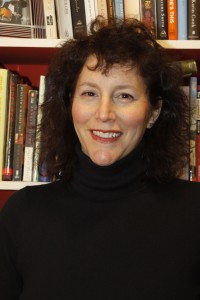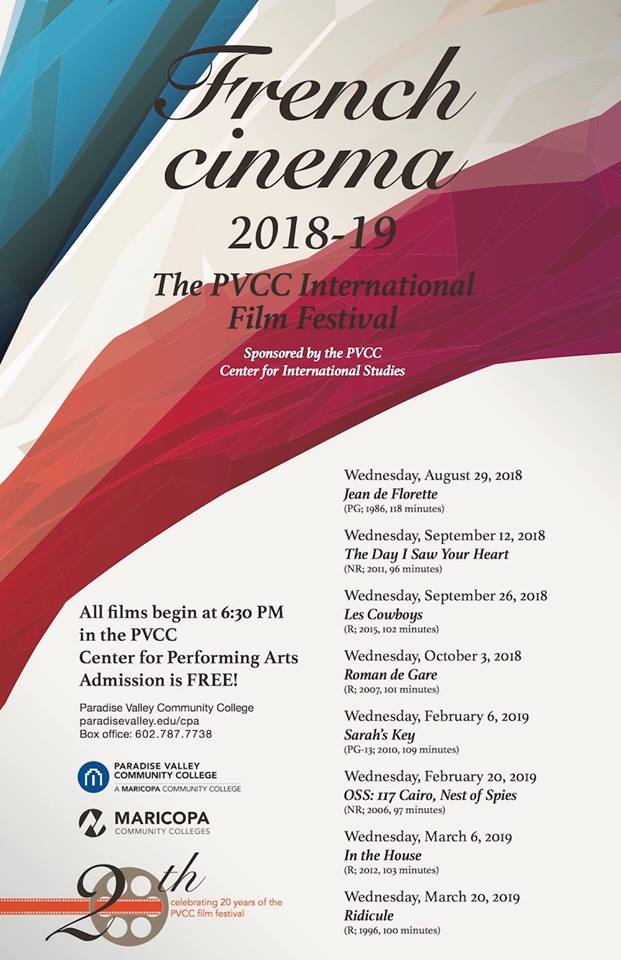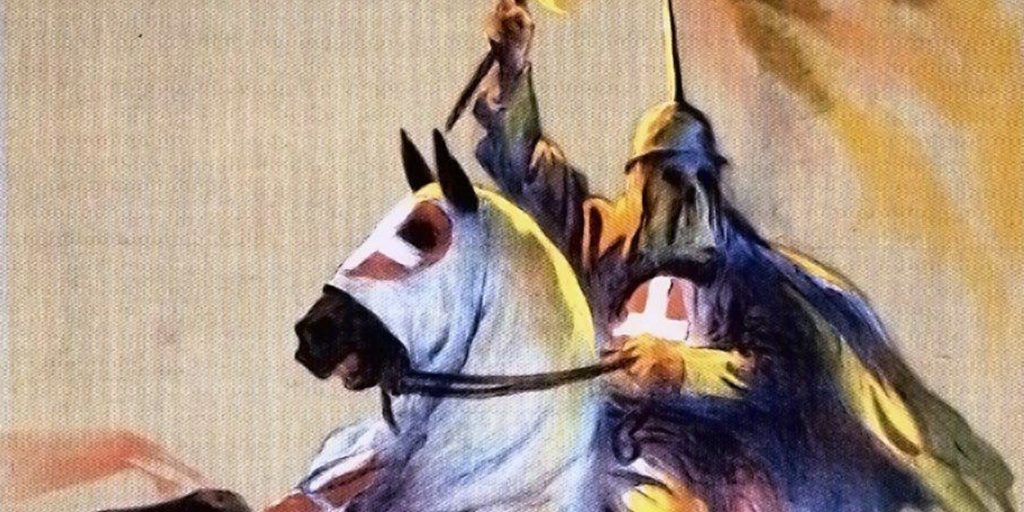 Michelle Brafman has received numerous awards for her fiction, including a Special Mention in the 2010 Pushcart Prize Anthology, the F. Scott Fitzgerald Short Story prize, and first place in the Lilith Magazine Fiction contest. Her stories have appeared in The Minnesota Review, Blackbird, and Fifth Wednesday Journal, among other places. She teaches fiction writing at George Washington University and the Johns Hopkins University MA in Writing Program. Michelle is also an award-winning filmmaker and lives in Glen Echo, Maryland with her husband and two children. For more information: www.michellebrafman.com
Michelle Brafman has received numerous awards for her fiction, including a Special Mention in the 2010 Pushcart Prize Anthology, the F. Scott Fitzgerald Short Story prize, and first place in the Lilith Magazine Fiction contest. Her stories have appeared in The Minnesota Review, Blackbird, and Fifth Wednesday Journal, among other places. She teaches fiction writing at George Washington University and the Johns Hopkins University MA in Writing Program. Michelle is also an award-winning filmmaker and lives in Glen Echo, Maryland with her husband and two children. For more information: www.michellebrafman.com
Superstition Review: Early on in your story “In Flight,” the protagonist says, “…I’m his crazy big sister. I lost too much oxygen at birth. People always want to label me ‘tard’ or PDD or high-functioning this or that, but I’m just Rosie.” The reader later gets a sense of Rosie’s disability through some of the observations she makes, and we, as the reader, understand that she doesn’t understand her surroundings the way her mother and brother do. What was the effect you were aiming for in including the Rosie’s awareness of how people saw her?
Michelle Brafman: I suppose my initial intention was to provide the reader with a sense of Rosie’s disability, but as she emerged as a character, I grew interested in exploring the tension between her uncanny perceptiveness and her inability to interpret social cues. I’d initially written the story from the point of view of Marcus, the more reliable narrator, but it lacked verity. It is Rosie who implores Marcus to jump, to confront his mother’s mortality and the impending reality of his sister’s care, and it is Rosie who intuits that Marcus will need the trampoline, as Esther did, as a release from the weight of his new responsibilities.
SR: In “January” and “Would you Rather?” both of the protagonists suspect that their spouses might be cheating on them. Please discuss the notion of fidelity as a theme in contemporary writing. What makes it popular and interesting?
MB: I don’t know that I’m equipped to speak for an entire genre, but what makes infidelity interesting to me is the way in which it exacerbates a character’s trouble. Writing about “the how” of an affair grows tedious quickly. I’m more interested in why a character seeks such an all-consuming escape and the ripples that form after hurling such an enormous boulder into his or her psychic pond.
SR: I noticed that the character Annabel from “Ripe” reappears in “January,” although as an absent character. If these two stories were to appear together in a collection, which one would come first, and to what effect?
MB: Actually, “Ripe” and “January” belong to a triptych that starts with “The 42,” the first story I published. I wrote “The 42” in response to a variation of an exercise featured in John Gardner’s The Art of Fiction. I’ve further modified this prompt for my students, but it goes something like this: A man gets off a bus, trips, looks around in embarrassment, and sees a woman smiling. Describe this event using three different points of view.
The story cycle begins when a pregnant Annabel takes “The 42” to her old neighborhood for an acupuncturist appointment. Eager to take a break from her husband Leon’s hovering, she declines his ride offer and spends the bus trip reflecting on a less fettered period in her life. “Ripe” picks up after her ex-boyfriend Phil watches her stumble off the bus, and the final story “January” begins after Leon has tracked down Annabel to deliver her misplaced wallet and spots her and Phil walking down the street, sharing an intimate moment of laughter.
SR: I enjoy how your stories are structured and especially how they end. There is no apparent resolution of conflict at the closing of your stories. What is your opinion on what the end of a story should do for a reader?
MB: I appreciate your observation. When I first began writing fiction, I tied up my stories in pretty little bows, often tagging on what I now call the “nudge, nudge, wink, wink: did you get it?” closing line. Bob Bausch, one of my first writing instructors, once said to me that a good ending should resolve the story but not the conflict. His words resonated with me. I like the idea of leaving a story somewhat open for the reader to impose his or her own ideas on what might happen to the characters.
SR: What are you writing now? What are you reading?
MB: I’m working on a new novel. It took me months to find a pathway into this project, but my characters are starting to develop minds of their own and are surprising me in all sorts of fun ways.
I’ve enrolled in a course on the unreliable narrator, and I’ve been engrossed in the assigned texts: True Confections by Katharine Weber, the class instructor, Nabokov’s Lolita and What Was She Thinking? (Notes On A Scandal) by Zoe Heller. My daughter and I have also been reading some wonderful YA fiction for a mother-daughter book club. My favorite pick so far has been Claire Vanderpool’s beautifully crafted Moon over Manifest.
 Event Description:
Event Description:
